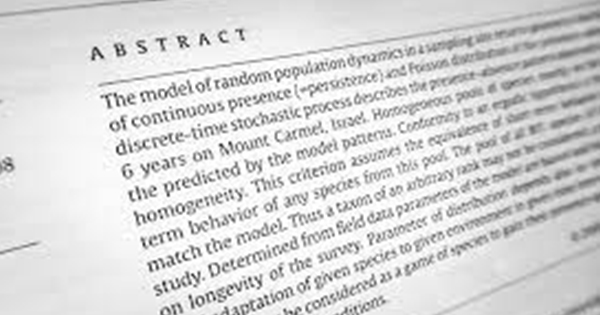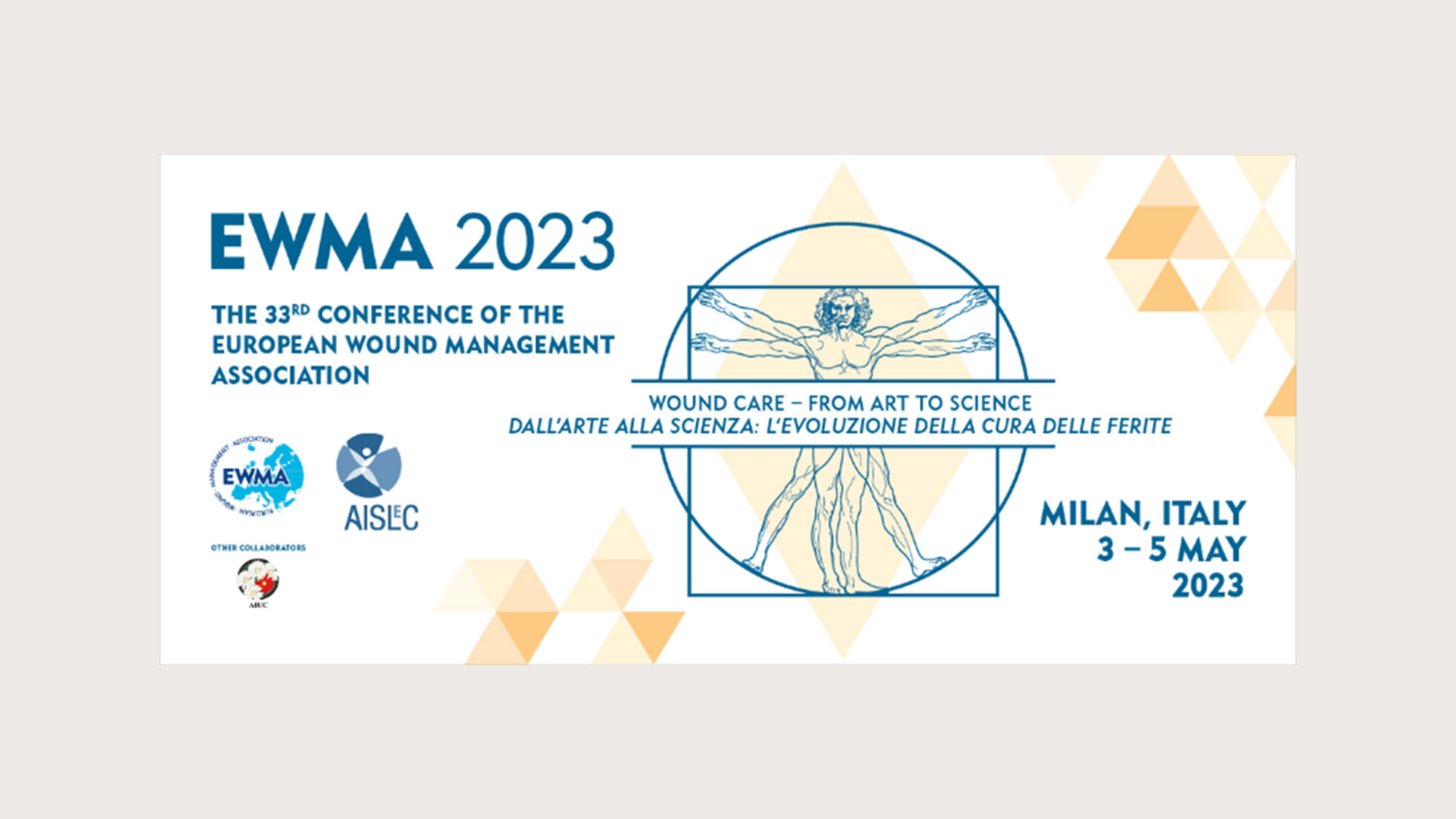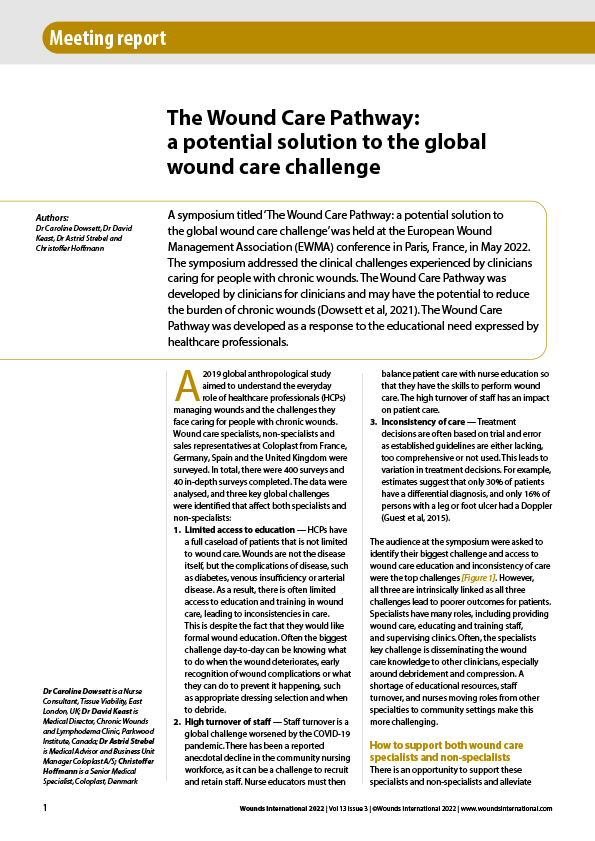The Bahrain Defence Force Royal Medical Services (BDFRMS) has continuously strived towards working diligently to address the healthcare challenges at the local and international levels. This has resulted in the 1st Bahrain International Wound Conference, making education and best practice in wound care a priority, the first event of its kind in the Kingdom of Bahrain.
The principle aim of the conference was to provide state-of-the-art knowledge and best practice recommendations for treating both chronic and acute wounds in a range of aetiologies, encompassing both medical and surgical approaches. The scope and quality of the scientific exchange made this conference the elite platform to discuss the challenges and issues of wound management with colleagues and esteemed experts.
The conference provided a unique opportunity to network with some of the best international local speakers and experts in the field of wound care, to discuss major ideas, sharing of ideas and opinions, gaining inspiration and broadening knowledge. The aim was to create consensus among the experts, which is vital for multidisciplinary management of wounds and wound-related complications, while also encouraging the development of new ideas and innovations, introducing new and advanced ideas to progress the field of wound care.
The conference covered the whole spectrum of wound management, offering a wide range of innovative, existing and future technologies in wound care. Participants were able to enhance both their theoretical knowledge and practical skills, elevating their professional development and sharing best practice.
Scientific programme
The four-day scientific programme included a mix of presentations, discussions and workshops, offered by experts in the field of wound care from around the world.
The key topics covered by the scientific programme included:
- Basic principles in wound care
- Factors impeding wound healing
- Burn wounds
- Management of modalities in wounds
- Diabetic foot wounds
- Lymphoedema and orthoplasty
- Other perspectives of wounds (including wound-related issues, and atypical and complex wounds)
- Miscellaneous in wounds (including other issues in wounds, plus livestreaming surgery).
The presentations held in the main auditorium were supported with practical workshops and hands-on activities for participants to explore, retain and experiment with all aspects of the wound care issues discussed during the conference programme.
Local and international experts
The experts contributing to the scientific programme comprised a multidisciplinary team, including experts in plastic surgery, vascular surgery, dermatology, podiatry, burn management, diabetes, nursing, lymphoedema, nutrition, occupational therapy, endocrinology, paediatrics, psychiatry, radiology, pharmacy and general wound care.
The speakers and delegates came from both the local area and around the world, enabling participants to share local best practice and to learn from colleagues from other parts of the world.
Basic principles in wounds
This session was chaired by Prof. Marco Romanelli and Col. Dr. Nayef Louri, with an emphasis on going back to basics and the fundamental principles of wound care. Emphasising the importance of the basic approach to optimise the wound bed and encourage healing, this session benefited all practitioners and served as a reminder for best practice in all wounds.
The educational topics covered included:
- Surgical wound healing: back to the basic
- Pathophysiology of wounds
- Different wounds, different healing
- Updates about wound assessment and tips in wound documentation.
- In all of the sessions, attendees had the opportunity to ask questions to the speakers and participate in lively discussions around the topics that were raised, with the discussion moderated by Dr. Ahmed Alasfoor.
Factors impeding wound healing
Exploring the underlying conditions and causes that may prevent or delay wound healing and need to be recognised and addressed in practice, this session was chaired by Dr. Yahya Zaman and Col. Dr. Dhafer Kamal, with the discussion moderated by Ms. Hiske Smart. This session emphasised the importance of considering the whole patient holistically, taking into account their overall health and any underlying conditions, as well as their wound.
The issues discussed included:
- Does diabetes affect wounds?
- Pain management
- Wound infection and bioburden
- Pressure ulcer/injury prevention and treatment
Burn wounds
Chaired by Prof. Dr. Tariq Saeed and Prof. Safwat El Hosny and moderated by Dr. Abdulshaheed Alfadhul, the speakers discussed both standard management and advanced therapies for managing burns, a common acute wound with a high risk factor for complications such as infection, and with the potential for severity that may cause hospitalisation or even mortality.
The topics covered around burn management included:
- Acute burn wounds and management
- Reconstructive aspect in burns
- Skin substitutes’ role in acute and chronic wounds
- Occupational therapy in burns.
Management modalities in wounds
Exploring the management modalities available in a wide variety of wound types, to improve practice and optimise patient outcomes, this session was chaired by Dr. Martin Maresch and Dr. Sadiq Elekri, with Prof. Zena Moore as the discussion moderator.
The management modalities explored included:
- Venous ulcers: pathophysiology and management
- Rules of oxygen and shock wave in wound healing
- Hyperbaric oxygen therapy
- Podiatry rule in lower limb wounds
- Role of occupational therapy in wound healing
- Debridement methods.
Diabetic foot wounds
Diabetic foot wounds are a significant and growing problem, both in the Gulf region and worldwide. With a high risk of infection, severe complications, amputation and even mortality, diabetic foot wounds are responsible for increasing pressure on patients, clinicians and healthcare systems, which is set to continue to grow. This session provided education on all aspects of diabetic foot management, chaired by Dr. Sadiq Abdulla and Dr. Glenn Donovan, with the discussion moderated by Dr. Martin Maresch.
Factors relating to the diabetic foot included:
- From ulcer to syndrome: how classification changes our perception of diabetic foot
- Revascularisation for ischaemic diabetic foot ulcers
- Strategies for holistic management of diabetic foot wounds
- Challenging cases in diabetic foot
- Experience of dealing with diabetic foot wounds
- Diabetic foot management pathway.
Lymphoedema and orthoplasty
Focusing on management and challenges of lymphoedema, and potential solutions that can be achieved through orthoplasty, this session was chaired by Prof. Luca Dalla Paola and Prof. Marco Romanelli, both from Italy. The discussion moderator was Ms. Fatima Ashoor.
The session topics explored included:
- Presentation and management of Charcot foot
- Charcot foot and the role of orthoplastic techniques for diabetic foot wound closure
- Pressure in distribution and offloading
- Imaging in lymphoedema
- Challenges in management of lymphoedema.
Other perspectives of wounds
This session included education about atypical and complex wounds, with practical tips which participants could use to inform their own practice in cases of challenging wounds. Issues relating to wound care and healing, such as nutrition and mental health, were also included. This session was chaired by Dr. Ahmed Alasfoor and Dr. Miguel Cubano.
This session’s perspectives on wounds included:
- Can nutrition improve wound healing?
- Mental health and wounds
- Wounds in neonatal and paediatric populations
- Correction of difficult complicated wounds
- Atypical wounds
- Management of military wounds in the modern era.
Miscellaneous in wounds
This final session included final miscellaneous issues in wound care, including:
- Palliative/home wound care
- Drugs and wound healing
- Accel Heal
- Livestreaming surgery.
Livestreaming surgery
Delegates had a unique opportunity to watch livestreamed surgery by the BDFRMS surgical team. This involved a surgical procedure on a patient who had a previous burn wound to the breast area; the surgery required removal of scar tissue and a skin graft reconstruction.
The surgical team explained the patient and clinical scenario, and then demonstrated the scar removal and skin graft procedure. Skin for grafting was taken from the patient’s leg and supported using Integra skin substitute, single-layer dermal scaffold, which was meshed before use.
The audience had the opportunity to watch the surgery and communicate with the team, asking any questions about this particular patient and the surgery required, and to watch best practice by the surgical team, including instruction on how to take the skin graft and to use the skin substitute product in practice. The surgical team also explained how they would carry out the post-surgery dressing regimen to aid viewers with their own best practice in post-surgical wounds.
Workshops and other activities
The main sessions were supported by practical workshops and hands-on activities. The workshop activities included:
- Concepts in wound dressing
- Arterial ulcer
- Venous ulcer
- Neuropathic ulcer
- Burn wound pressure ulcer
- HBOT in practice
- Venous ulcer compression therapy
- Wound debridement: Sharp, mechanical, enzymatic, autolytic
- New technology in stem cells, growth factors, and collagen
- Negative pressure wound therapy
- Occupational therapy in practice
- Offloading and prosthesis.
There was also the opportunity to visit the exhibition area and meet commercial industry colleagues and distributors who represented wound care companies and specialist products on their stands.
The Crown Prince Training Centre
The conference was held at the Crown Prince Centre for Training and Medical Research in the Kingdom of Bahrain, which was founded as a vision of the BDFRMS to serve as a Middle East hub to attract worldwide elite healthcare and educational institutional collaborations.
Since 2019, the Crown Prince Centre has hosted numerous programmes, workshops and conferences. During the 1st Bahrain International Wound Conference, delegates were able to use the centre’s facilities, with the main scientific programme being held in the 500-seat auditorium.
Cultural exchange
In addition to the main scientific programme, delegates had the opportunity to network and socialise with wound care colleagues from the local area and around the world. The official opening and closing ceremonies of the conference provided the chance to meet the scientific and organising committees, and to learn more about the conference and its aims.
There was also a gala dinner and a unique private tour of the National Museum of Bahrain, allowing attendees to learn more about Bahraini history, traditions and culture, followed by a social event with traditional Bahraini food and drinks. These social events allowed the opportunity for delegates from around the world to network and share experiences.
In addition to the conference activities, international delegates were pleased by Bahrain’s warm climate, friendly and welcoming hospitality, and the country’s unique sites and culture.
Summary
The 1st Bahrain International Wound Conference was a great success, marking the first event of its kind in the Kingdom of Bahrain, and offering important education and networking opportunities to delegates from around the world.
The varied programme provided insights into wound care across a range of disciplines and geographical regions, allowing the development and sharing of best practice, which will inform evidence-based practice and improve outcomes for patients.
The future
Following the success of this inaugural event, the International Wound Care Conference will be held annually. The 2nd International Wound Conference is planned for December 2023, to take place again at the Crown Prince Training Centre in the Kingdom of Bahrain.
The committee look forward to expanding on their work and continuing to provide education and best practice, and the international delegates look forward to returning to the Kingdom of Bahrain on an annual basis.





